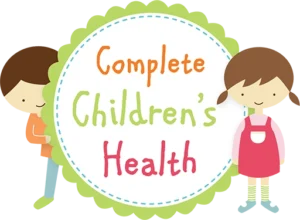Why your child’s eScript says ‘no more repeats’ — and what to do about it

eScripts were designed to make life easier — no more lost paper prescriptions, no more frantic searches through drawers and handbags. And for the most part, they do. But lately, many parents have been calling in confused (and understandably frustrated) because their child’s eScript is showing “no more repeats” — even when they’re sure repeats…
Read More






